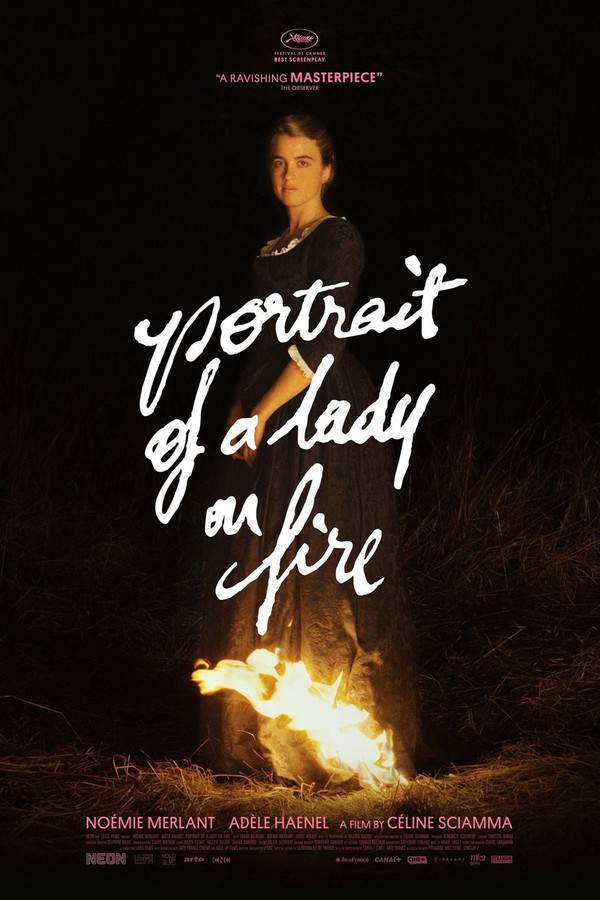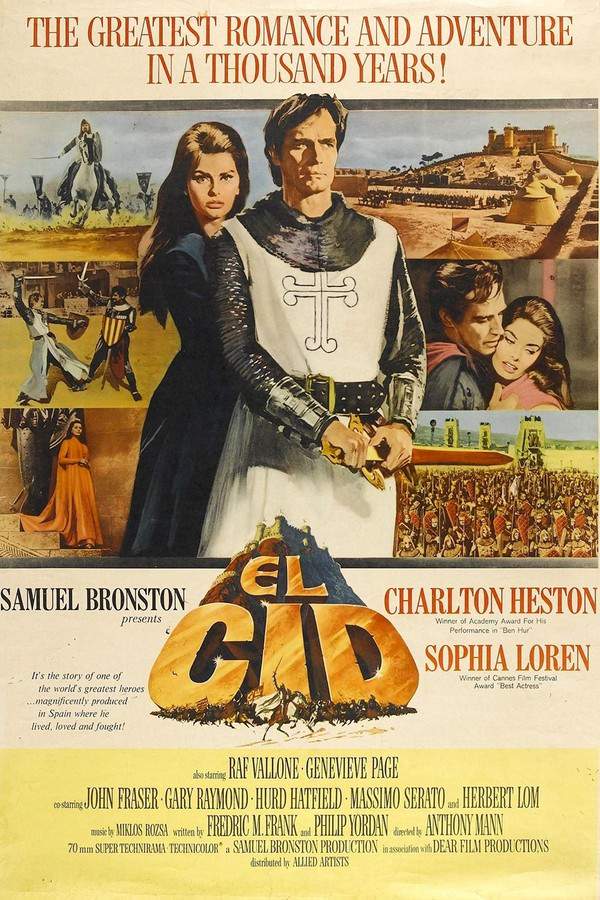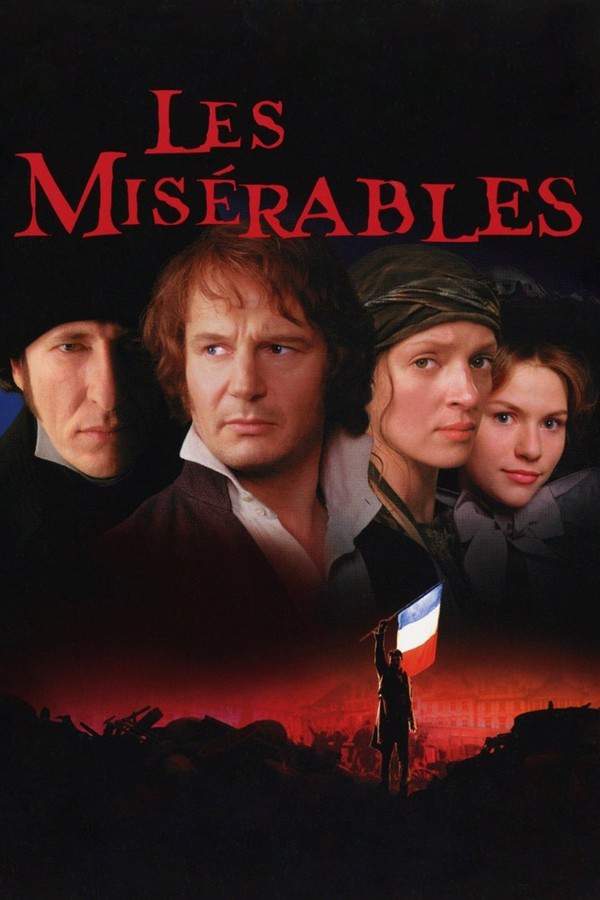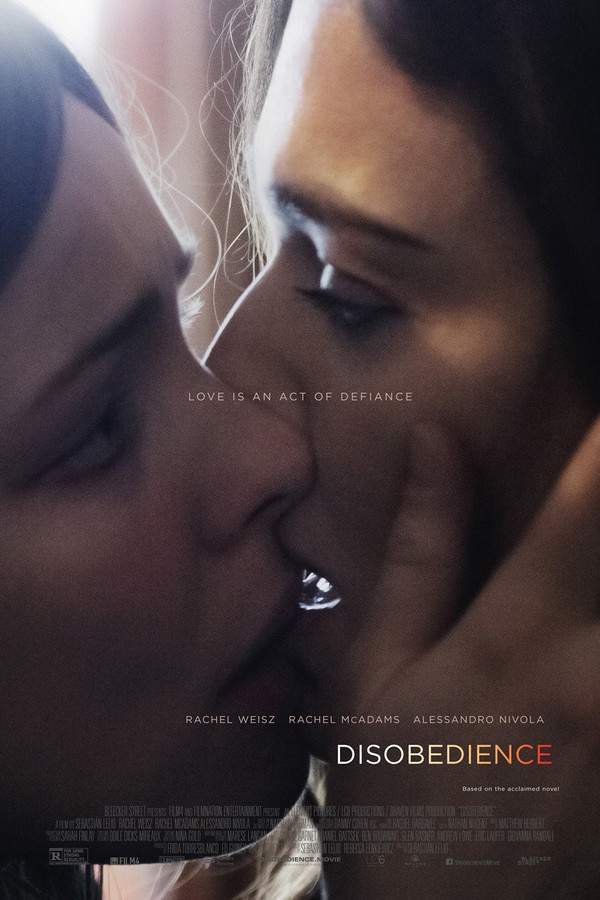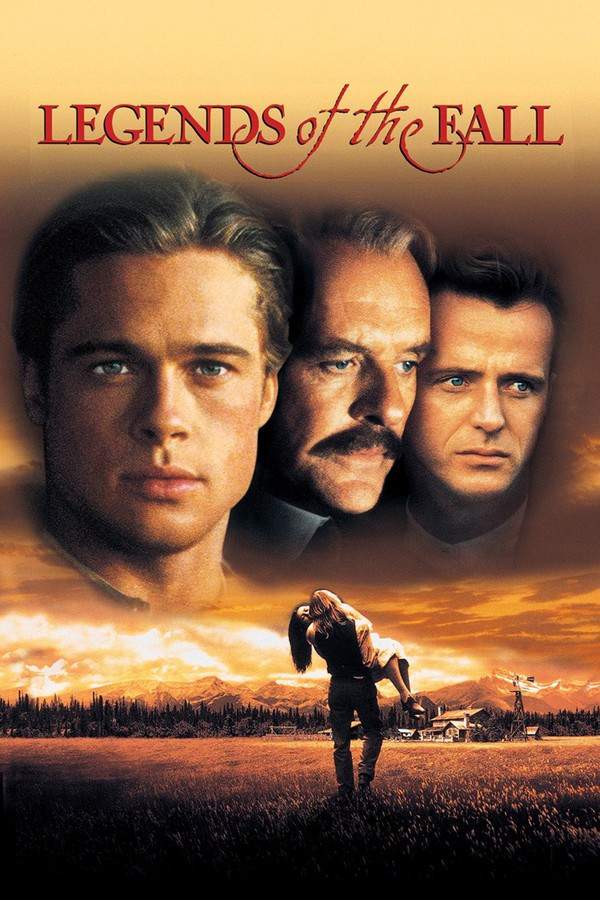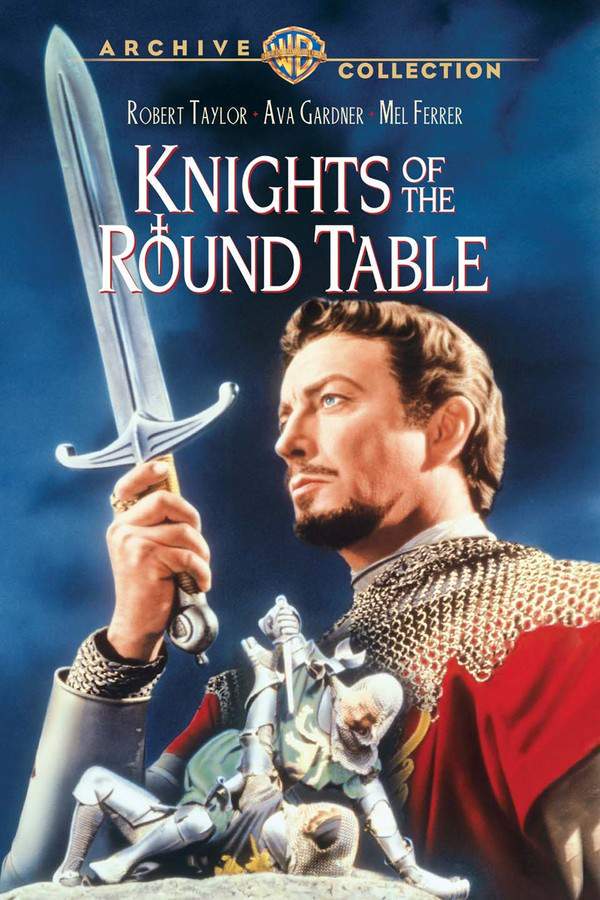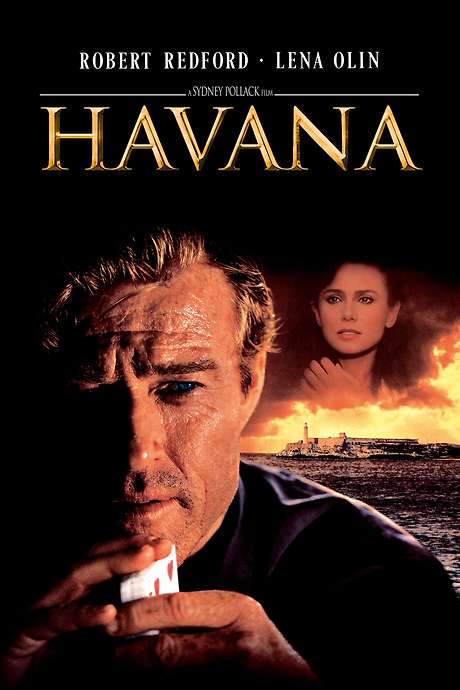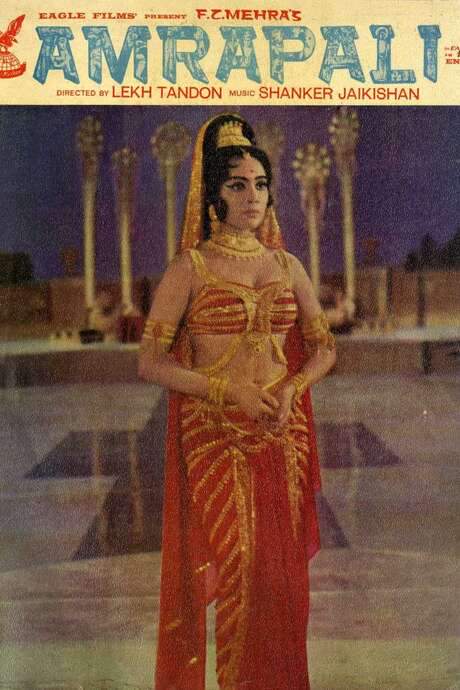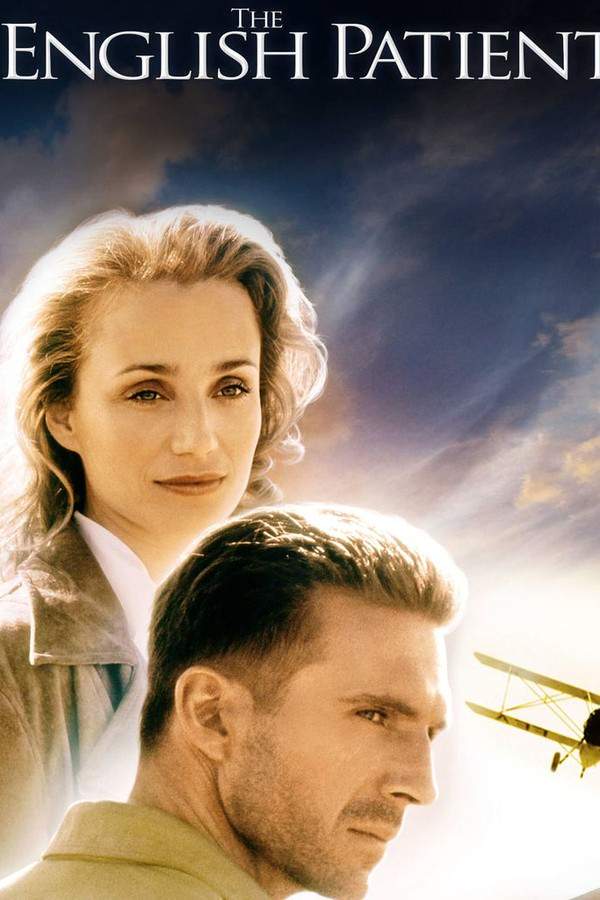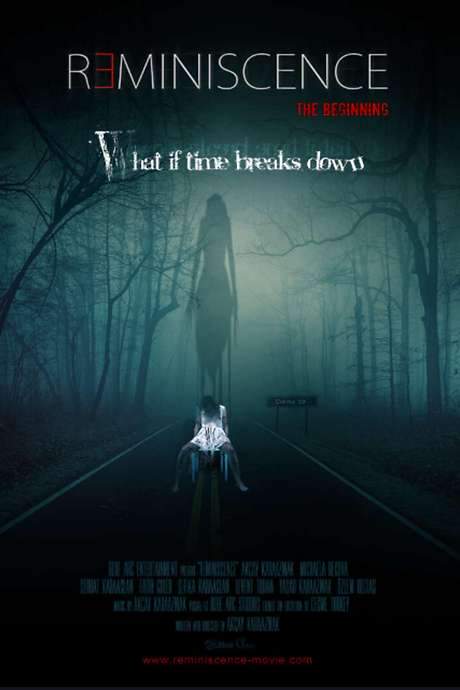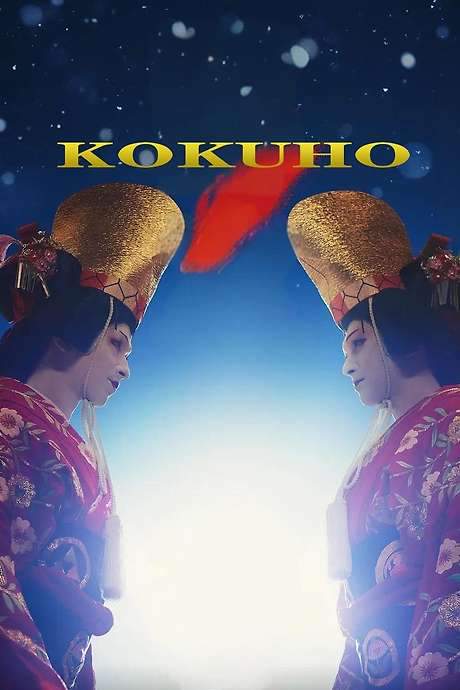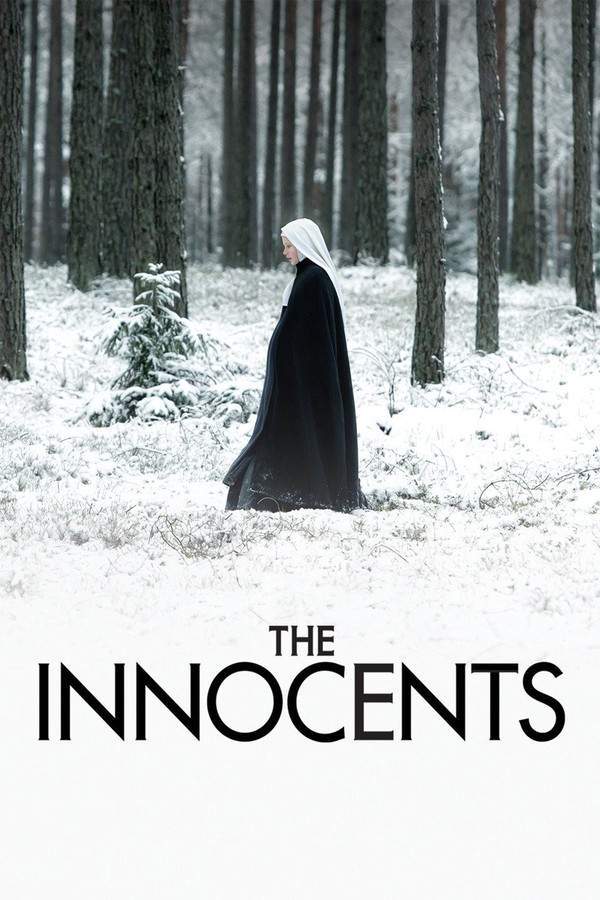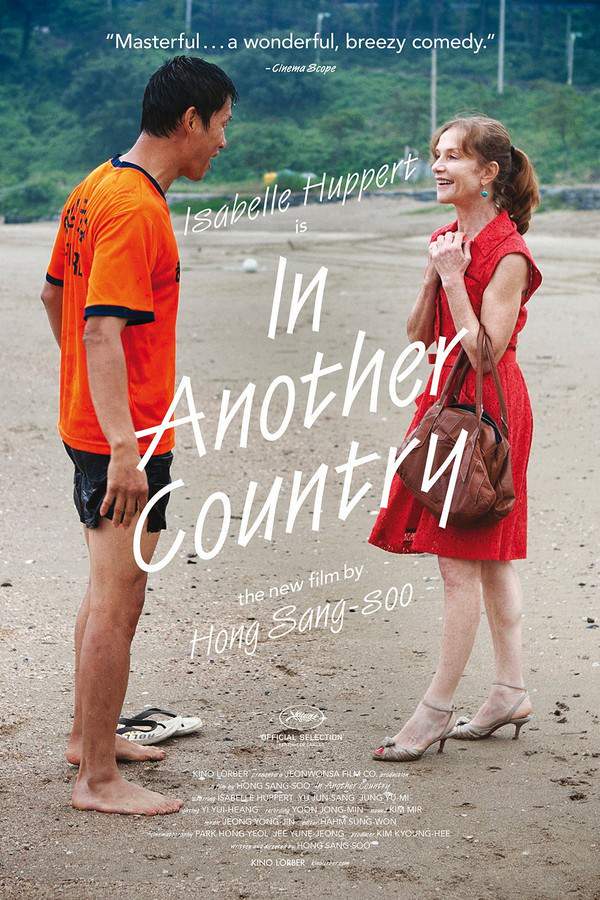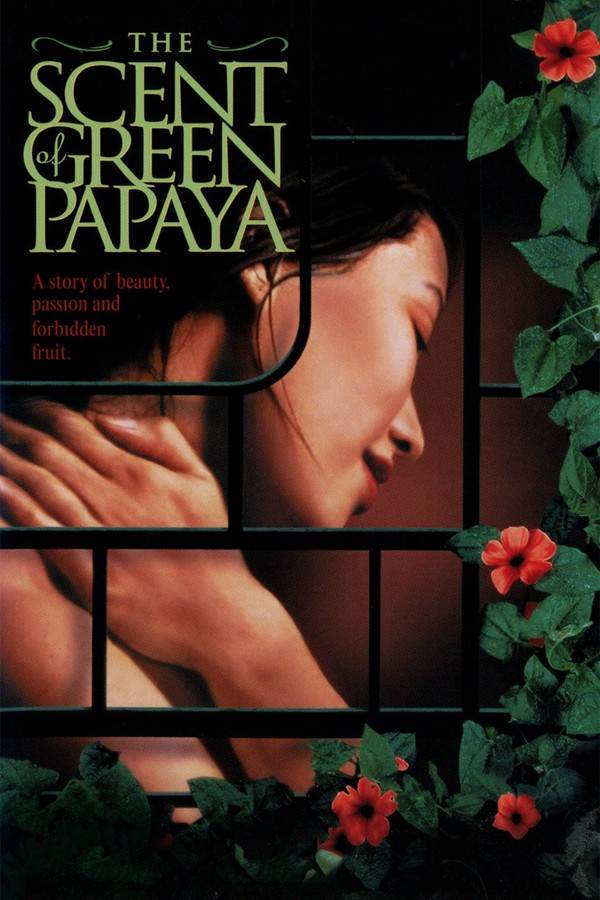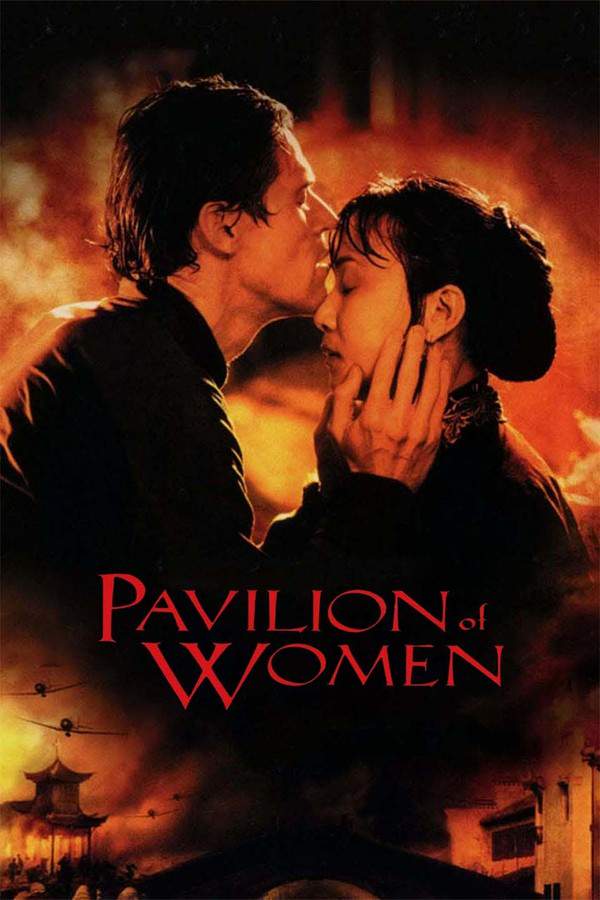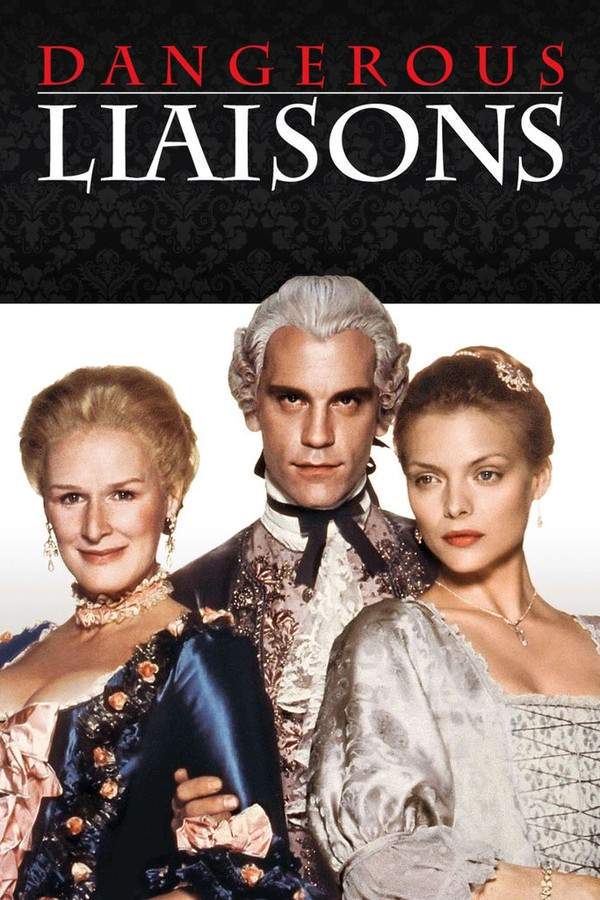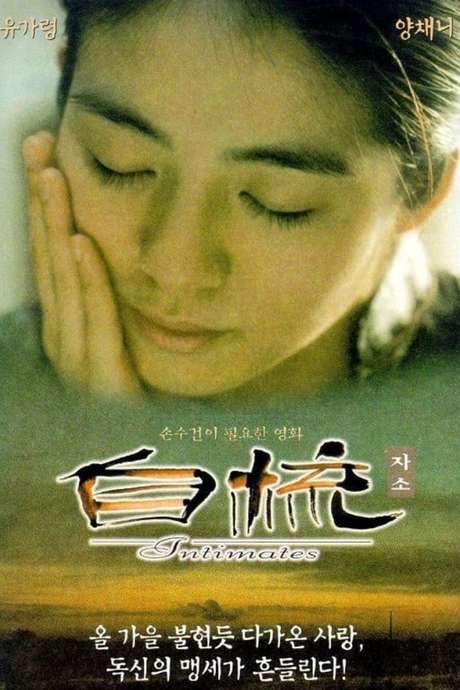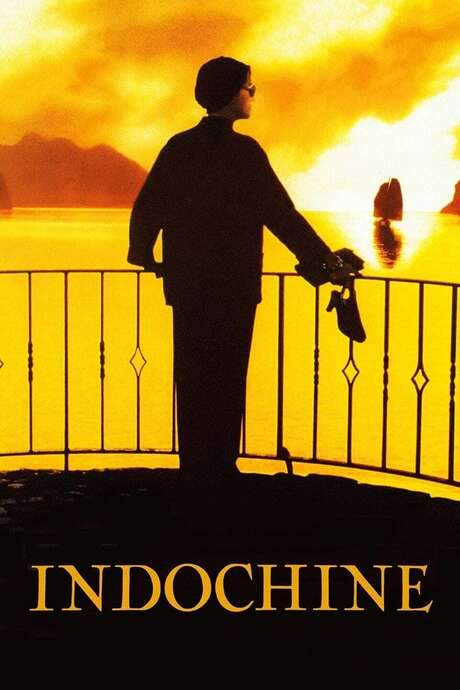
Indochine
Year: 1992
Runtime: 159 mins
Language: French
Director: Régis Wargnier
Set in colonial French Indochina from the 1930s through the 1950s, the film follows French plantation owner Éliane Devries and her adopted Vietnamese daughter Camille as their lives become entangled with the growing Vietnamese nationalist movement, highlighting personal and political upheaval during the era.
Warning: spoilers below!
Haven’t seen Indochine yet? This summary contains major spoilers. Bookmark the page, watch the movie, and come back for the full breakdown. If you're ready, scroll on and relive the story!
Indochine (1992) – Full Plot Summary & Ending Explained
Read the complete plot breakdown of Indochine (1992), including all key story events, major twists, and the ending explained in detail. Discover what really happened—and what it all means.
Éliane Devries is a woman born to French parents in colonial Indochina who quietly governs her and her widowed father’s rubber plantation, relying on a workforce of indentured laborers. As the adoptive mother of Camille, a teenager whose birth parents were close friends of Éliane and members of the Nguyễn dynasty, she holds a careful, sometimes protective, influence over the family’s tangled loyalties. The plantation and its people form the backdrop to a world where power, affection, and duty clash beneath the tropical sun.
Jean-Baptiste Le Guen, a young French Navy lieutenant, appears at an auction where he and Éliane compete over the same painting. Their rivalry quickly deepens into a charged affair as their paths cross again days later when he shows up at her plantation, chasing a boy he suspects of opium smuggling after torching a sampan. The two embark on a forbidden relationship that unsettles the delicate balance Éliane maintains between her social status, her status as Camille’s guardian, and the political tensions rippling through Indochina.
The affair strains Éliane’s grip on power and reputation, while Camille, radiant and impressionable, meets Jean-Baptiste again when he rescues her from a prisoner escape attempt. Camille falls for him, and the revelation forces Éliane to use her influence to have him transferred north to Haiphong. A public humiliation follows at a Christmas party when Jean-Baptiste confronts Éliane, and the moment ends with a slap that earns him a punishment—deployment to the remote Dragon Islet (Hòn Rồng), a harsh outpost in northern Indochina.
Camille accepts an engagement to Thanh, a Vietnamese student with pro-Communist leanings who was expelled from France for his political stance surrounding the 1930 Yên Bái mutiny. Thanh’s convictions place Camille in danger, and he helps her seek Jean-Baptiste high up in the north. This perilous search leads Camille to Dragon Islet, where she and other laborers are held until a confrontation with French officers erupts into violence. Jean-Baptiste, defying orders to protect Camille, helps her escape as gunfire erupts.
Their escape takes them to the Gulf of Tonkin, where they endure days adrift before landing among a Communist theater troupe that offers them sanctuary in a secluded valley. Months pass, and Camille discovers she is pregnant with Jean-Baptiste’s child. The lovers must keep moving to stay safe, and Thanh arranges for the troupe to smuggle them into China, fleeing the oppressive shadows of their past.
The couple’s story enters the realm of legend as tuồng performances—a Vietnamese theatre tradition—preserved by actors who tell their tale on stage. Near the Chinese border, Jean-Baptiste baptizes their newborn son, Étienne, in a river as Camille rests. Yet safety remains elusive: French soldiers ambush them, Camille evades capture, and Jean-Baptiste is arrested and confined to a Saigon jail while Étienne is handed to Éliane.
A fragile, 24-hour visitation window is arranged so that Jean-Baptiste can see Étienne before being sent to Brest for a potential court-martial. He spends the night with Éliane and the child at her Saigon residence, a moment that cements the impossibility of their reunion in any straightforward way. The morning after, Jean-Baptiste is found dead—gun in hand, a bullet to his temple, and Étienne unharmed—an apparent suicide that frustrates the suspicions of both families and authorities. Camille, meanwhile, is captured and sent to Poulo-Condor, a high-security prison where visitors are forbidden. After five years, the political landscape shifts again as the Popular Front rises to power, leading to her release.
Éliane and Camille’s fates diverge and then converge once more: Camille chooses to remain with the Vietnamese Communist cause, leaving her mother behind to fight for a free Vietnam with the aid of the very movement that once endangered them. Éliane, with Étienne in tow, sells her plantation and departs Indochina, carrying the weight of a mother’s decisions across continents. By 1954, a grown Étienne accompanies Éliane to Switzerland, where Camille serves as a Vietnamese Communist Party delegate at the Geneva Conference. In a tense, crowded lobby of the negotiators’ hotel, he searches for his mother’s elusive friend and discovers a new generation bound by history and the complexities of love, duty, and exile. In the wake of those negotiations, French Indochina’s grip loosens, and Vietnam is partitioned into North and South, marking a new chapter in the region’s long struggle for autonomy.
The story is a sweeping meditation on love and loyalty across decades of upheaval, where the personal costs of political conflict ripple through families and communities alike. It is told with a measured, restrained voice, inviting reflection on how choices—stoked by desire, ambition, and ideology—shape destinies far beyond the hearts that beat within them.
Last Updated: October 09, 2025 at 10:45
Explore Movie Threads
Discover curated groups of movies connected by mood, themes, and story style. Browse collections built around emotion, atmosphere, and narrative focus to easily find films that match what you feel like watching right now.
Epic Forbidden Romances like in Indochine
Passionate romances threatened by historic conflict and societal divides.If you enjoyed the sweeping, tragic love story in Indochine, explore more films where passionate romances are set against major political upheavals. These movies blend intense personal relationships with the grand drama of historical change, resulting in powerful, bittersweet narratives.
Narrative Summary
These narratives typically follow a passionate, often forbidden, romance that becomes entangled with a larger political conflict or revolution. The central relationship is tested and ultimately reshaped by external forces, forcing characters to choose between personal happiness and political ideals or survival.
Why These Movies?
These films are grouped together because they share a core structure of intertwining a grand-scale historical drama with a deeply personal love story. They consistently deliver a powerful emotional mix of high romance and heavy political tension, culminating in endings that reflect the costs of love in turbulent times.
Sweeping Melancholic Historical Dramas like Indochine
Grand, character-driven stories reflecting on loss and the end of eras.Discover movies similar to Indochine that capture the grand scale and reflective tone of historical epics. These complex dramas use personal journeys to examine the end of eras, often featuring heavy emotional weight, melancholic moods, and a bittersweet sense of loss and change.
Narrative Summary
The narrative pattern involves following characters over a significant timespan, often decades, as they navigate a world in decline or radical transformation. The plot is complex, weaving personal destinies with historical events, and leads to a reflective conclusion that emphasizes the emotional and psychological impact of change over simple victory or resolution.
Why These Movies?
This thread groups films that share a specific atmospheric blend: a grand historical setting, a complex and character-focused narrative, a dominantly melancholic and reflective tone, and a pacing that allows for contemplation. The experience is defined by a profound sense of witnessing the passing of time and the personal cost of history.
Unlock the Full Story of Indochine
Don't stop at just watching — explore Indochine in full detail. From the complete plot summary and scene-by-scene timeline to character breakdowns, thematic analysis, and a deep dive into the ending — every page helps you truly understand what Indochine is all about. Plus, discover what's next after the movie.
Indochine Timeline
Track the full timeline of Indochine with every major event arranged chronologically. Perfect for decoding non-linear storytelling, flashbacks, or parallel narratives with a clear scene-by-scene breakdown.

Characters, Settings & Themes in Indochine
Discover the characters, locations, and core themes that shape Indochine. Get insights into symbolic elements, setting significance, and deeper narrative meaning — ideal for thematic analysis and movie breakdowns.

Indochine Spoiler-Free Summary
Get a quick, spoiler-free overview of Indochine that covers the main plot points and key details without revealing any major twists or spoilers. Perfect for those who want to know what to expect before diving in.

More About Indochine
Visit What's After the Movie to explore more about Indochine: box office results, cast and crew info, production details, post-credit scenes, and external links — all in one place for movie fans and researchers.

Similar Movies to Indochine
Discover movies like Indochine that share similar genres, themes, and storytelling elements. Whether you’re drawn to the atmosphere, character arcs, or plot structure, these curated recommendations will help you explore more films you’ll love.
Explore More About Movie Indochine
Indochine (1992) Scene-by-Scene Movie Timeline
Indochine (1992) Movie Characters, Themes & Settings
Indochine (1992) Spoiler-Free Summary & Key Flow
Movies Like Indochine – Similar Titles You’ll Enjoy
Dangerous Liaisons (2022) Movie Recap & Themes
The Innocents (2016) Complete Plot Breakdown
In Another Country (2012) Complete Plot Breakdown
The Scent of Green Papaya (1994) Full Summary & Key Details
Chéri (2009) Story Summary & Characters
Pavilion of Women (2001) Full Movie Breakdown
Dangerous Liaisons (2012) (2012) Plot Summary & Ending Explained
To the Ends of the World (2018) Detailed Story Recap
20 Nights and a Rainy Day (2006) Ending Explained & Film Insights
A French Woman (1995) Film Overview & Timeline
Floating Clouds (1955) Movie Recap & Themes
Sundays and Cybele (1962) Plot Summary & Ending Explained
Intimates (1997) Ending Explained & Film Insights
Indiscreet (1931) Detailed Story Recap
The Sea Wall (2008) Full Movie Breakdown

